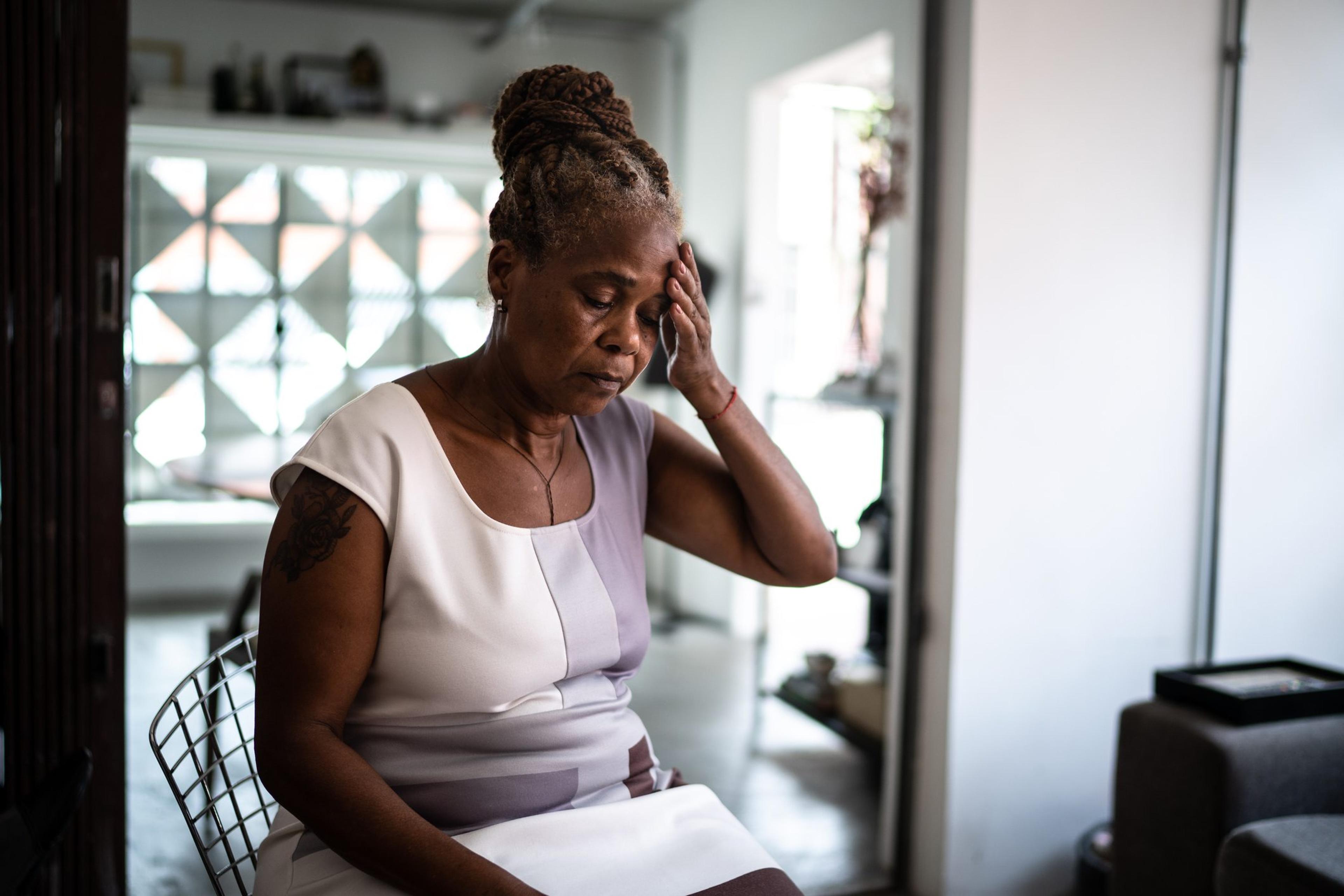Questions to Ask Your Doctor About Lung Cancer Screening
Amy Barczy
| 3 min read
Amy Barczy is a former brand journalist who authored...

About 235,760 new cases of lung cancer are diagnosed each year; and the average age of diagnosis is 70 years old. While the number of new lung cancer cases continues to drop – thanks in part to more people quitting smoking – it’s important to have a conversation with your health care provider if you have symptoms or think you are at risk. Preparing yourself for your doctor’s office visit can help you feel in control of your health and managing your care. Here are some questions to consider asking your doctor about lung cancer risks and screening.
Question: Am I at risk for lung cancer?
Asking your health care provider about your risk for lung cancer can help you understand whether you need a screening for lung cancer. Just because you may have one – or several – risk factors for lung cancer doesn’t necessarily mean that you’ll need to be screened. Here are some risk factors that you can influence:
- Smoking
- Exposure to secondhand smoke
- Exposure to radon
- Exposure to asbestos
- Exposure to chemicals, diesel exhaust or other cancer-causing agents at work
Here are some general risk factors that you can’t change:
- Exposure to air pollution
- Family history of lung cancer
- Personal history of lung cancer
Previous radiation treatments to the chest for other cancers
Question: Are my symptoms linked to lung cancer?
Many lung cancers don’t cause symptoms at first. And many symptoms of lung cancer could be related to another health issue; which is why it’s important to consult with your health care provider. These are some of the symptoms of lung cancer, according to the American Cancer Society:
- Bronchitis or pneumonia infections that don’t go away, or return
- Chest pain that worsens with deep breathing, coughing or laughing
- Coughing that doesn’t go away, or worsens
- Coughing up blood or rust-colored spit
- Feeling tired or weak
- Hoarse voice
- Loss of appetite
- Shortness of breath
- Unexplained weight loss
- Wheezing
Question: What are my screening options for lung cancer?
Most lung cancers are discovered because they are causing someone a problem. To look for signs of lung cancer your doctor will first ask you about your symptoms and risk factors and conduct a physical exam. Then they may suggest a next step, which could include one of these imaging tests:
- Chest X-ray
- Computed tomography (CT) scan
- Magnetic resonance imaging (MRI) scan
- Positron emission tomography (PET) scan
- Bone scan
Question: How is lung cancer diagnosed?
If doctors suspect lung cancer after seeing the results of an imaging test, they make a diagnosis until your lung’s cells are examined in a lab. There are several different ways to collect cells from the body, and doctors will decide which method to use based on the situation. Typically, cells can be collected from mucus you cough up from your lungs or by using a needle or surgery to remove fluid from around the lung or another suspicious area. Quitting smoking is the best way to prevent lung cancer. For information on how Blue Cross Blue Shield of Michigan and Blue Care Network members can get help quitting smoking, visit bcbsm.com to learn more about our programs. If you are Blue Cross or BCN member and need to find a doctor, use our online Find a Doctor tool. More from MIBluesPerspectives.com:
- Are Sugary Drinks Associated with Colon Cancer?
- How to Help Your Employees Quit Smoking
- How to Recover from a Cigarette Smoking Relapse
Photo credit: Getty Images





